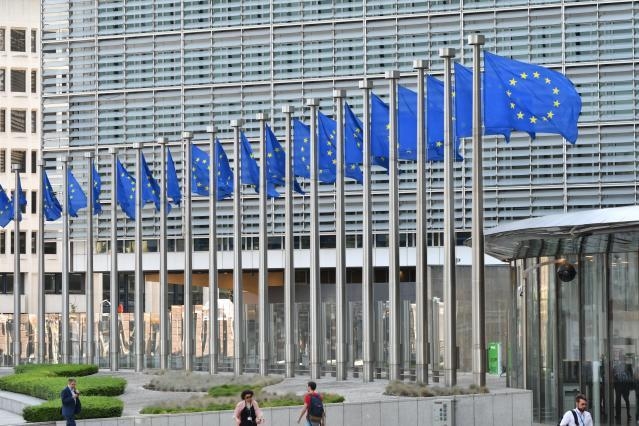- The European Union marked the 11th anniversary of the Yazidi genocide on August 3, 2025.
- Thousands were massacred by Da’esh; over 7,000 women and children were kidnapped and abused.
- EU is urging full implementation of the 2020 Sinjar Agreement to aid Yazidi return and recovery.
- The community still faces instability, insecurity, and lack of essential public services in Sinjar.
- The EU is demanding justice and accountability for crimes committed by Da’esh.
The Big Picture
On Sunday, the European Union solemnly commemorated the Yazidi genocide, eleven years after Da’esh militants launched a brutal campaign of violence, murder, and sexual slavery against the minority group in northern Iraq. The remembrance marks not just a moment of reflection, but also a strong political statement: the EU is not letting go of its demand for justice.
Thousands of Yazidis were killed when Da’esh stormed Sinjar in 2014. More than 7,000 women and children were abducted—many subjected to sexual violence, forced conversions, and slavery. Even now, some survivors are just beginning to find their way back to their families.
What’s New
According to a press statement released by the EU Delegation to Iraq, the Yazidi community continues to face major barriers to returning home. These include unresolved security concerns, poor infrastructure, and insufficient access to education and health services in Sinjar.
To address this, the EU is again calling on both the Government of Iraq and the Kurdistan Regional Government to fully implement the 2020 Sinjar Agreement—a political and security roadmap meant to stabilize the region and enable displaced Yazidis to return in safety and dignity.
What They’re Saying
Survivors Still Waiting
While some survivors have been reunited with their families, the scars left by the genocide run deep. Many Yazidi women remain missing. Others live in displacement camps with no clear pathway home. And for those who have returned, conditions in Sinjar are still far from stable.
The EU’s call for accountability includes support for domestic and international mechanisms to investigate, document, and prosecute crimes committed by Da’esh. Justice, the EU says, is not optional—it’s essential to reconciliation and recovery.
The Bottom Line
Eleven years after one of the worst atrocities in recent memory, the Yazidi people remain in limbo. The European Union’s renewed message is one of remembrance, responsibility, and resolve. Until security is restored, justice delivered, and survivors empowered to rebuild, the wounds of Sinjar will not close.
EU Sets October 12 as Launch Date for Entry/Exit System Rollout
Follow Virginia Times for regular news updates. Stay informed with the latest headlines, breaking stories, and in-depth reporting from around the world.
A global media for the latest news, entertainment, music fashion, and more.















